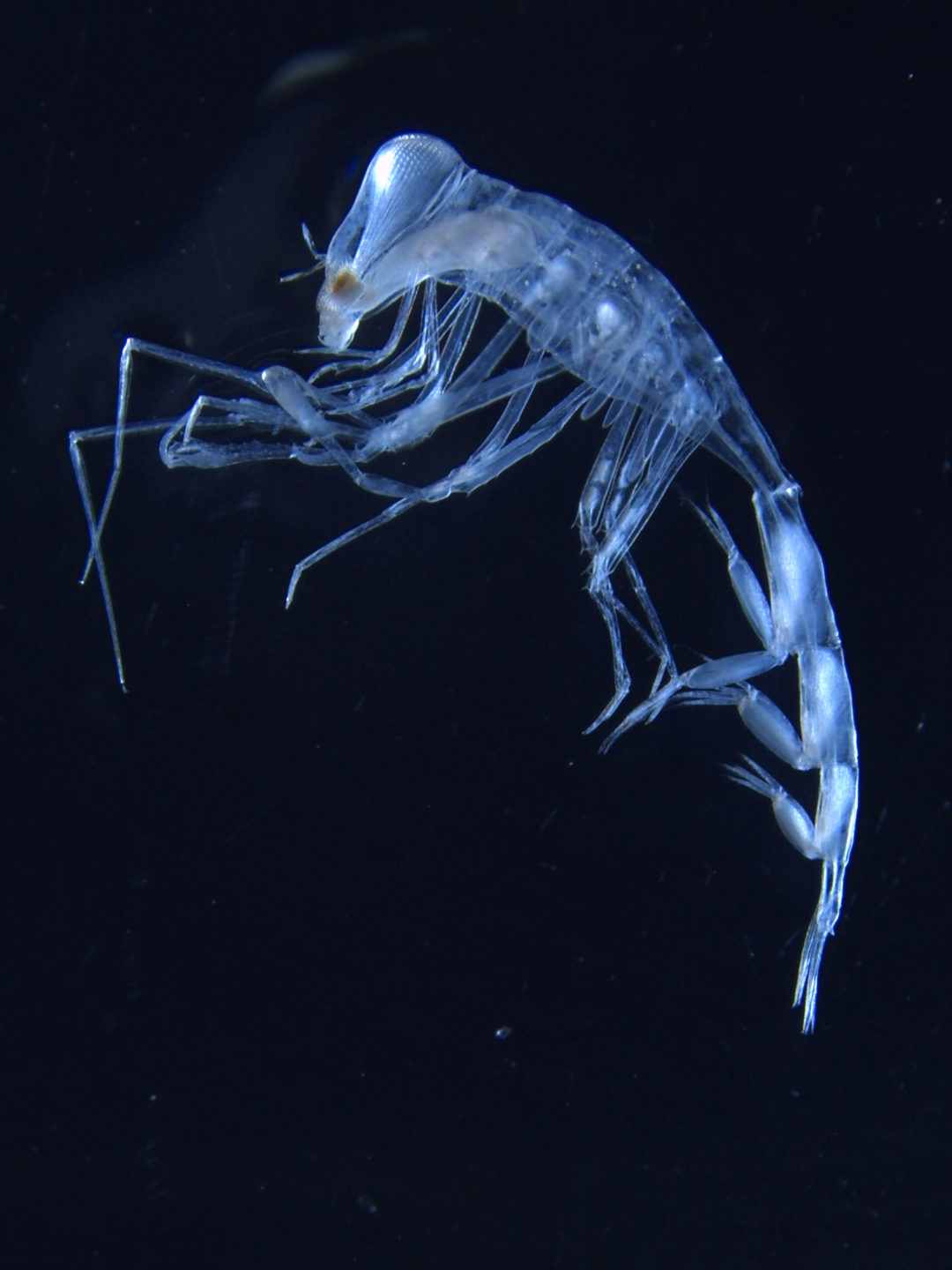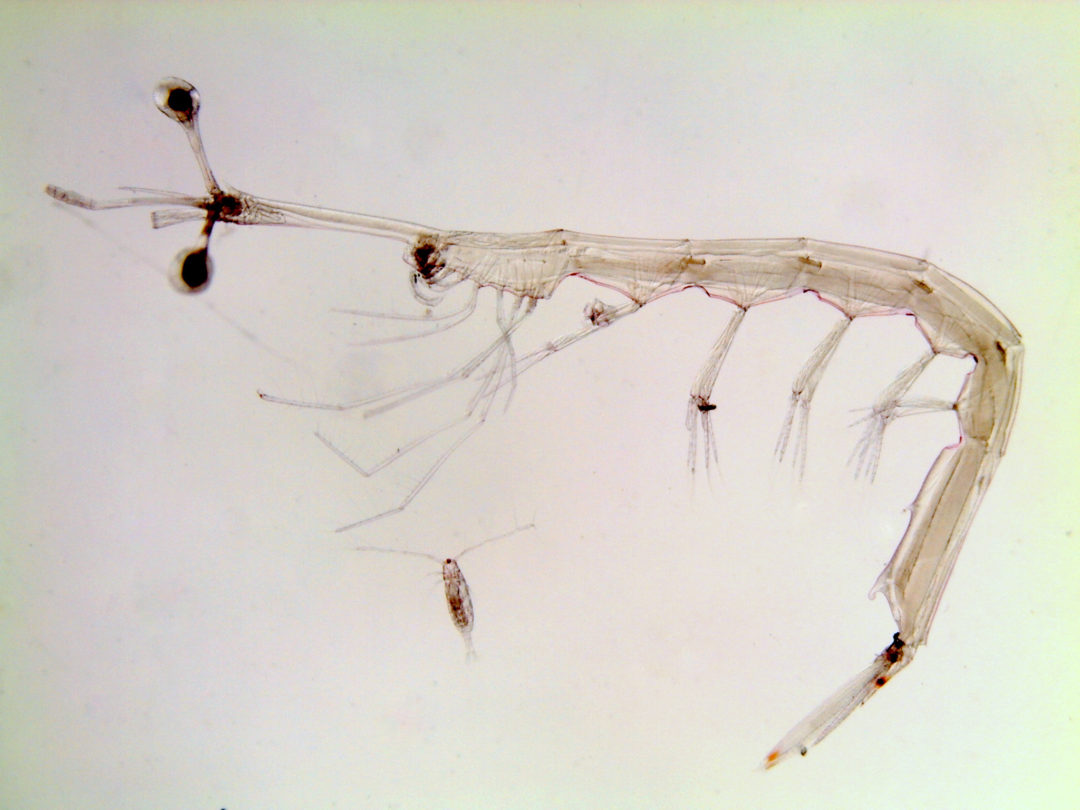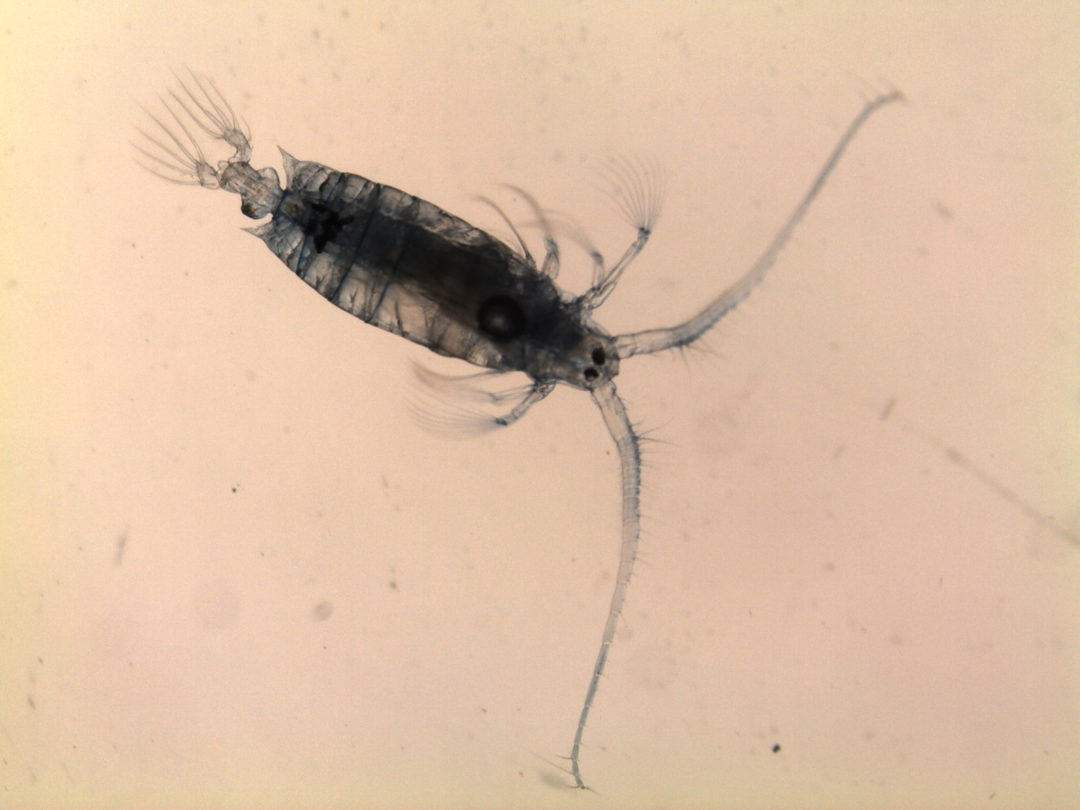Research
Assessing zooplankton biodiversity by proteomic fingerprinting
Zooplankton are small animals that spend their lives drifting with ocean currents. They play an essential role in marine ecosystems, transferring energy from phytoplankton to fish as well as birds and whales. Building a fundamental link changing plankton communities will inevitably affect the whole ecosystem.
In light of global warming and pressures on marine systems from human activities measurements of zooplankton biodiversity are urgently needed to set baselines and provide comprehensive analyses on ecosystem states. In recent decades various standard programs started to monitor changes within zooplankton communities. However, morphological identification of zooplankton is time-consuming, demands comprehensive taxonomic knowledge and has been shown to often underestimate true diversity due to occurrence of many cryptic species. Thus, there is a crucial need for fast, easy-to-use and inexpensive assessment tools. The application of species-specific proteomic mass profiles measured by MALDI-TOF MS (matrix-assisted laser/desorption ionization time-of-flight mass spectrometry) has strong potential to serve as fast method for species discrimination. Compared to metabarcoding this method requires less time, less expensive consumables and less specialized personnel. The overall aim of our project is to evaluate the general possibility and feasibility of estimating biodiversity by proteomic fingerprinting as a species identification tool in zooplankton with calanoid copepods as a model taxon. We assess the dimension of variability of proteome fingerprints within and between species using different life stages and populations. The general applicability of the method in ecosystems with an unknown number of undescribed species will be examined in a case study on deep sea benthopelagic copepods. As an important part of this project, we establish a proteome fingerprint reference library as well as integrated morphological and molecular taxonomic reference library entries for calanoid copepods to facilitate the species identification for experts and non- taxonomist. The project is part of the DFG priority program SPP 1991 Taxon-Omics (https://www.taxon-omics.com) with a funding period from 2018-2021.


